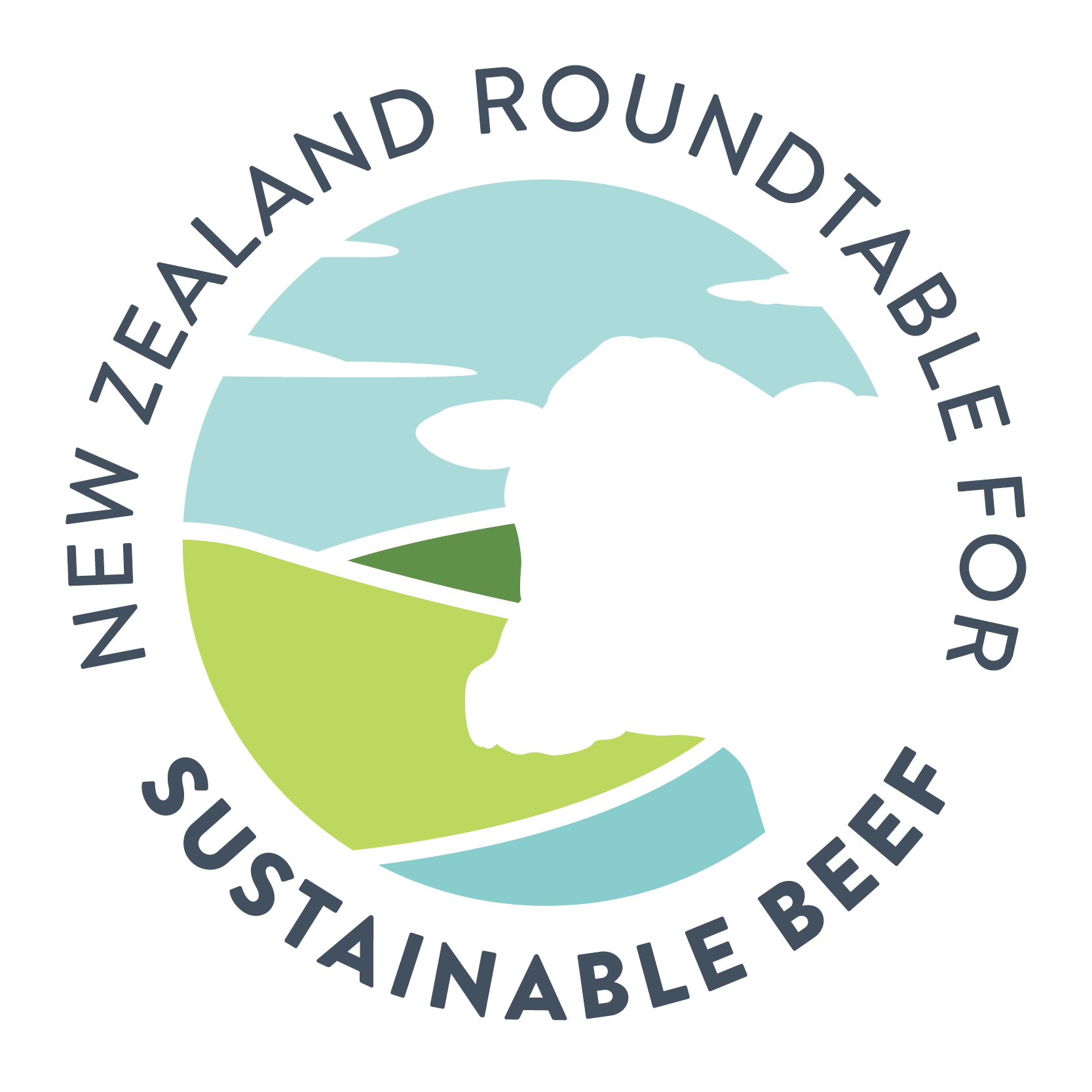View the news report here: Beef farmers urged to make switch to sustainable farming as pressure grows on industry | 1 NEWS | TVNZ
As pressure grows on the industry, beef farmers are urged to make a change to sustainable farming.
The Farm Assurance Plus Verification aims to give our meat exports an official green tick of approval.
It is one of around 70 farms signed up for a Farm Assurance Plus Verification.
Jason Miller’s farm in Southland it one of those farm. On first appearance it may seem like a typical beef farming operation, but at a closer look, he is doing things very differently.
“We wanted to make sure the farm was well positioned for the future and we weren't looking over our shoulder thinking, you know, we are not in a good space,” he said.
His property in Roslyn Bush has the country's top standard in sustainable farming - everything from double fencing waterways to keep stock out, to retiring once productive pastures back into flourishing wetlands.
“Over time, change continues to happen and we've seen consumer desires change particularly around climate change and the environment," says Beef & Lamb chief executive Sam McIvor.
"It is a farmer's way to document what they doing now to meet those concerns that consumers have,”
Other farmers are now getting a first-hand look at how it could work for them.
“In majority of instances, the practices are already in place. The problem that we've now got of course is demonstrating that and documenting it in a way that this Farm Assurance programme sets out to do,” says NZ Sustainable Beef chairperson Grant Bunting.
That documentation is crucial, particularly for our overseas markets, which want to see that proof in writing.
Last year, red meat made up more than $9 billion of our exports across both beef and lamb.
“We can be challenged and if you're not able to respond in a way that's quite substantive then often that challenge goes unchecked,” says Bunting.
It was one of the issues discussed at the first Beef Sustainability Roundtable held in Invercargill earlier this month.
Currently, the programme is voluntary, but there are calls to get more farmers involved.
“Take it on, have a go - this is a direction to travel that isn't changing. Choose to work and operate above the line, not below the line,” says Miller.
The programme is helping to keep the industry in check from the paddock to plate.
